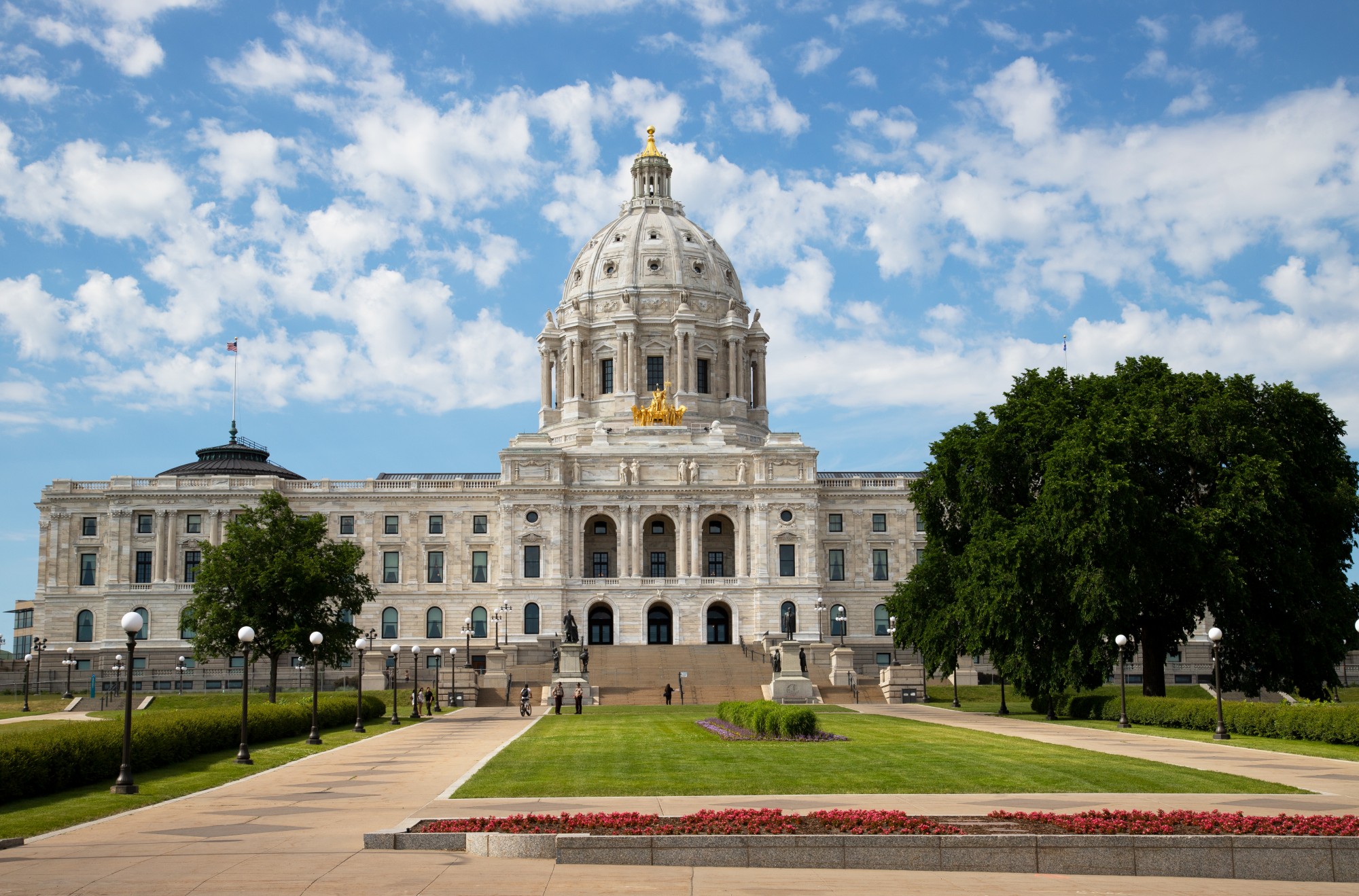The Minnesota Legislature again failed to pass an infrastructure bill Tuesday morning, leaving the fate of projects at the University of Minnesota and throughout the state uncertain.
The House took up its capital investment bill during the Legislature’s second special session. The $1.8 billion bill included around $75 million of the University’s $317.2 million request. The bill, which requires a three-fifths majority to pass, fell short by six votes without Republican support.
Lawmakers also failed to pass a capital investment bill last month and during the regular session in May.
“[The bill] recognizes and addresses the needs of today,” the bill’s author, Rep. Mary Murphy, DFL-Hermantown, said during debate. “It shows Minnesotans that some responsible members of government are listening to them and want to reach out and help them through investments in clean water, good climate, roads and bridges that connect the neighborhoods and towns and regions of the state.”
Rep. Dean Urdahl, R-Grove City, said not everyone was included in bill discussions in recent days. Minority members from the House Republican caucus and the Senate Democratic caucus were left out, he said. Urdahl did not support the bill.
“I believe it’s important to include the minorities, to include all four caucuses in these discussions,” Urdahl said on the floor.
Other Republicans raised concern with Gov. Tim Walz’s continued use of emergency powers to address the COVID-19 pandemic. Without support from House Democrats to end the powers, they will remain in effect.
“People have known for a long time that many of us are concerned about [the emergency powers], and we need a compromise and [to] have these concerns addressed,” Rep. Pat Garofalo, R-Farmington, said on the floor.
The bill also included tax provisions within the bill, which lawmakers took issue with in committee last week.
The bill would have provided funding for the renovations and new construction in the University’s Child Development Building, A.B. Anderson Hall on the Duluth campus and a new chemistry teaching lab on the Twin Cities campus.
Around $38 million, out of a $200 million request, would have gone toward general maintenance projects across the University’s system campuses.
Because bonding bills must originate in the House, the Senate did not take up a bill Tuesday before the Legislature adjourned.
House Minority Leader Rep. Kurt Daudt, R-Crown, and other lawmakers indicated lawmakers may take up a bonding bill next month when they reconvene to again vote on Walz’s emergency powers.








